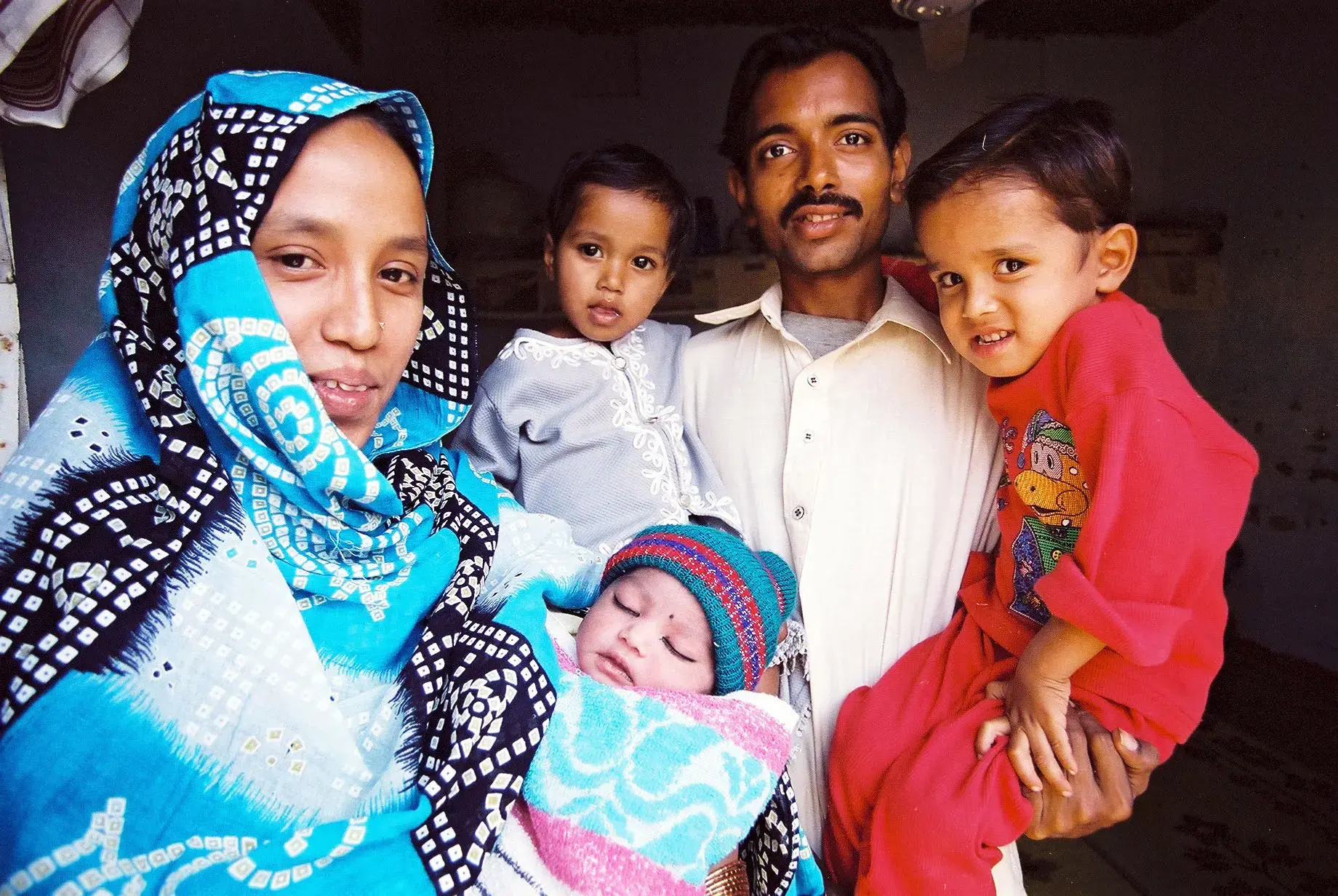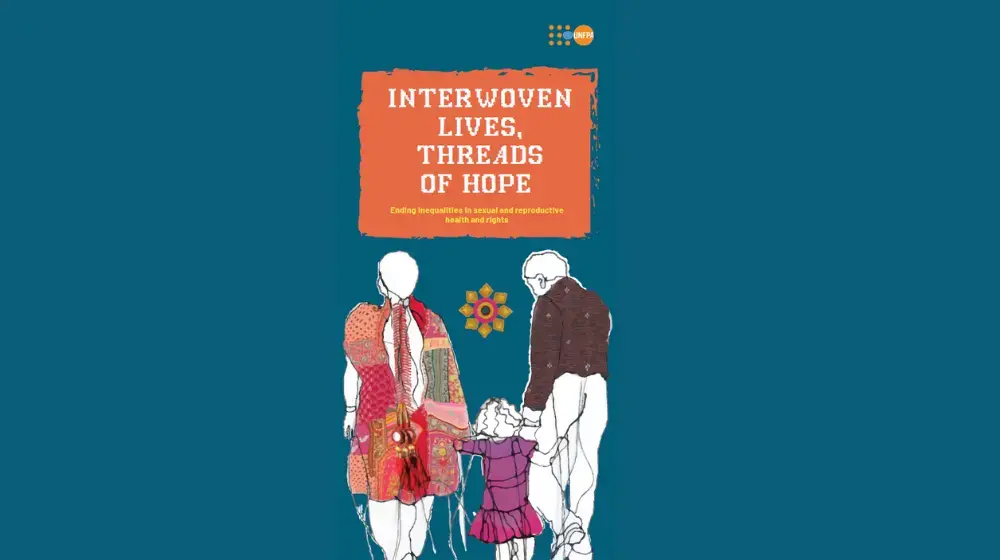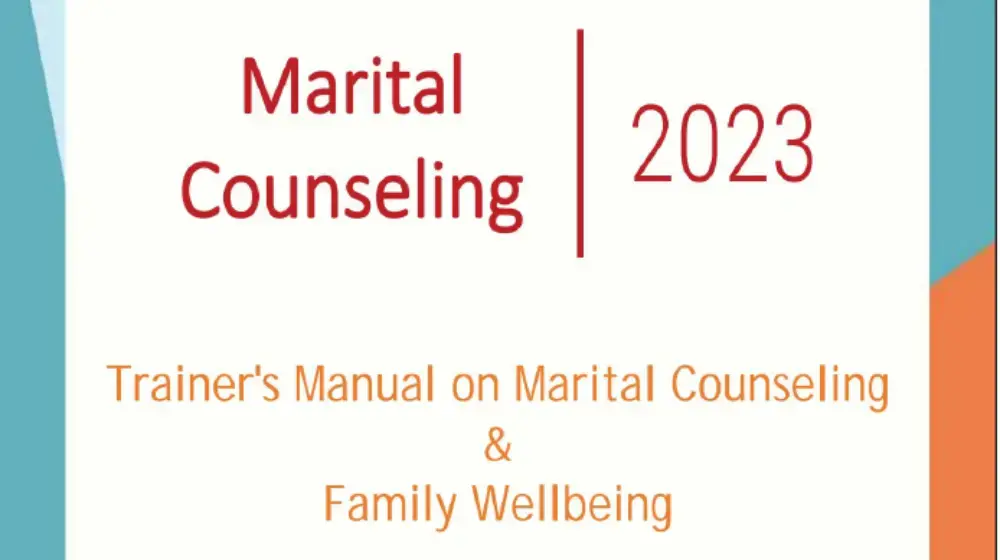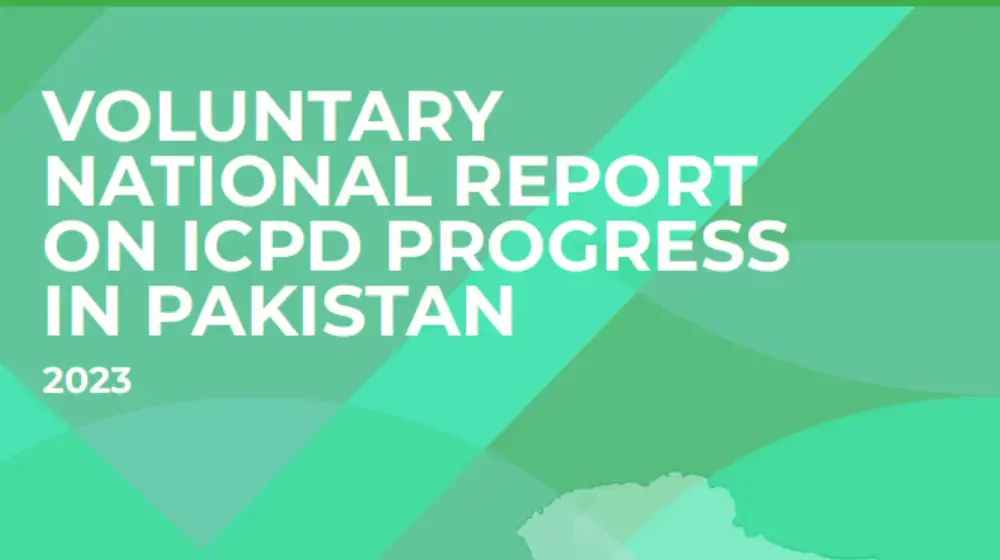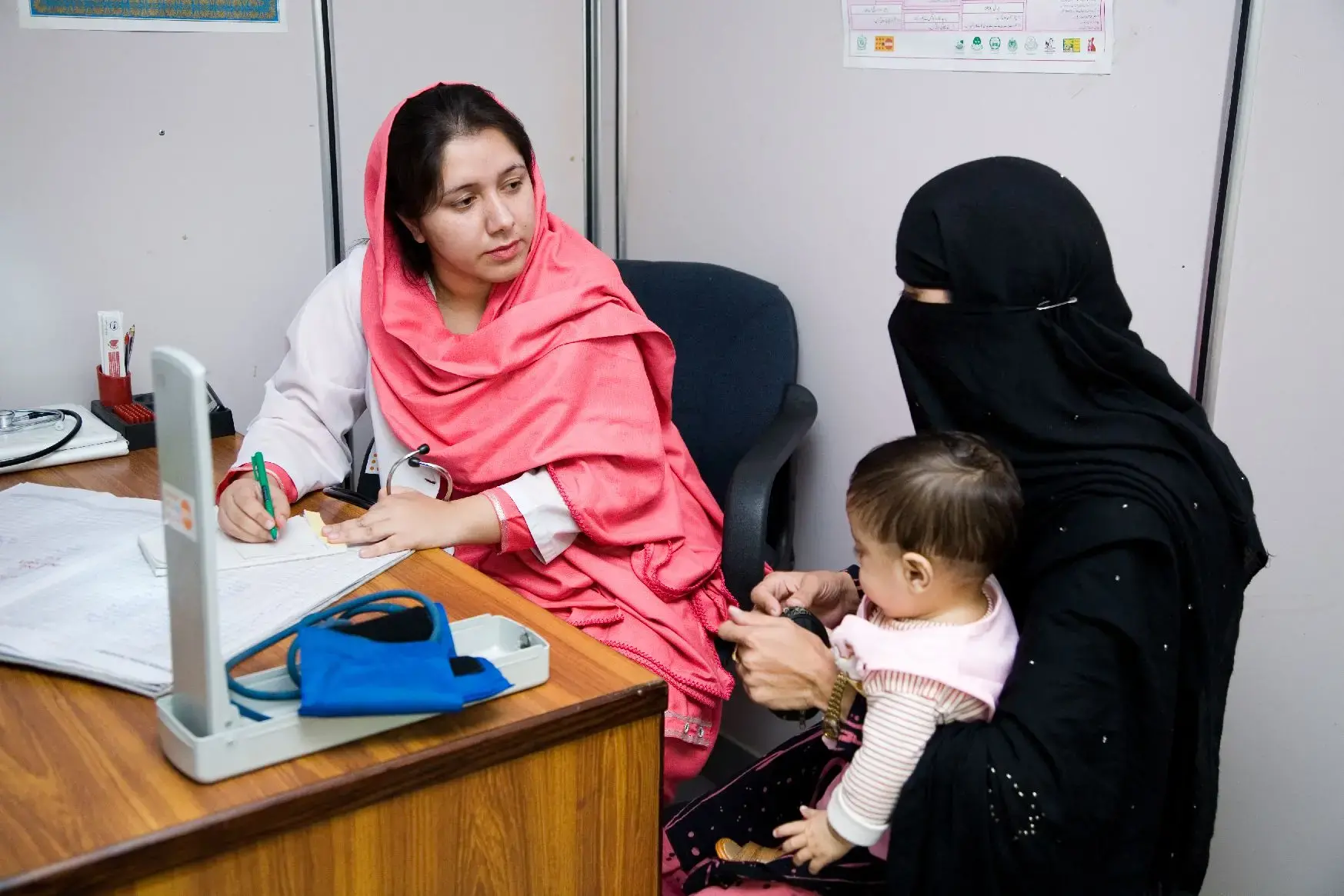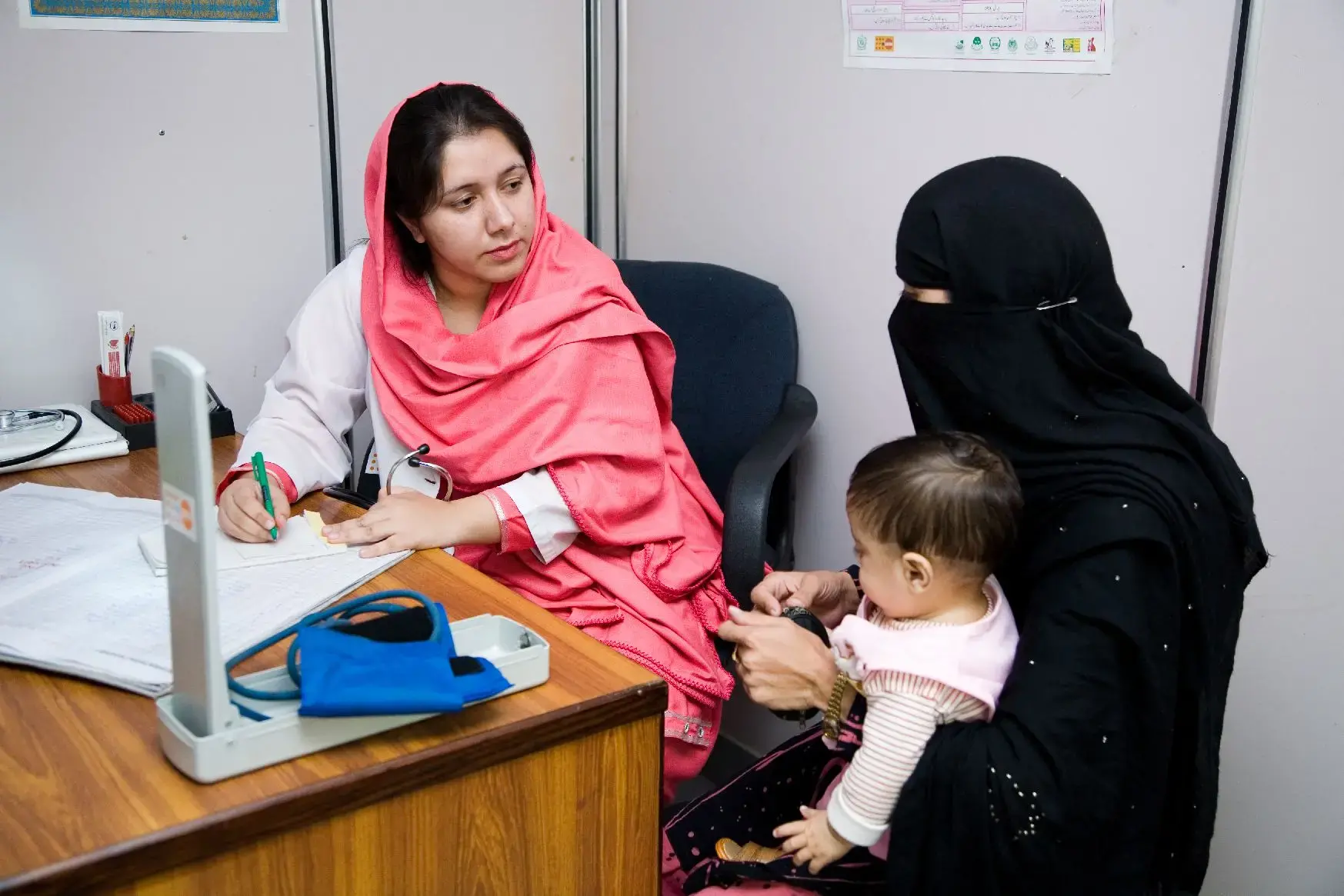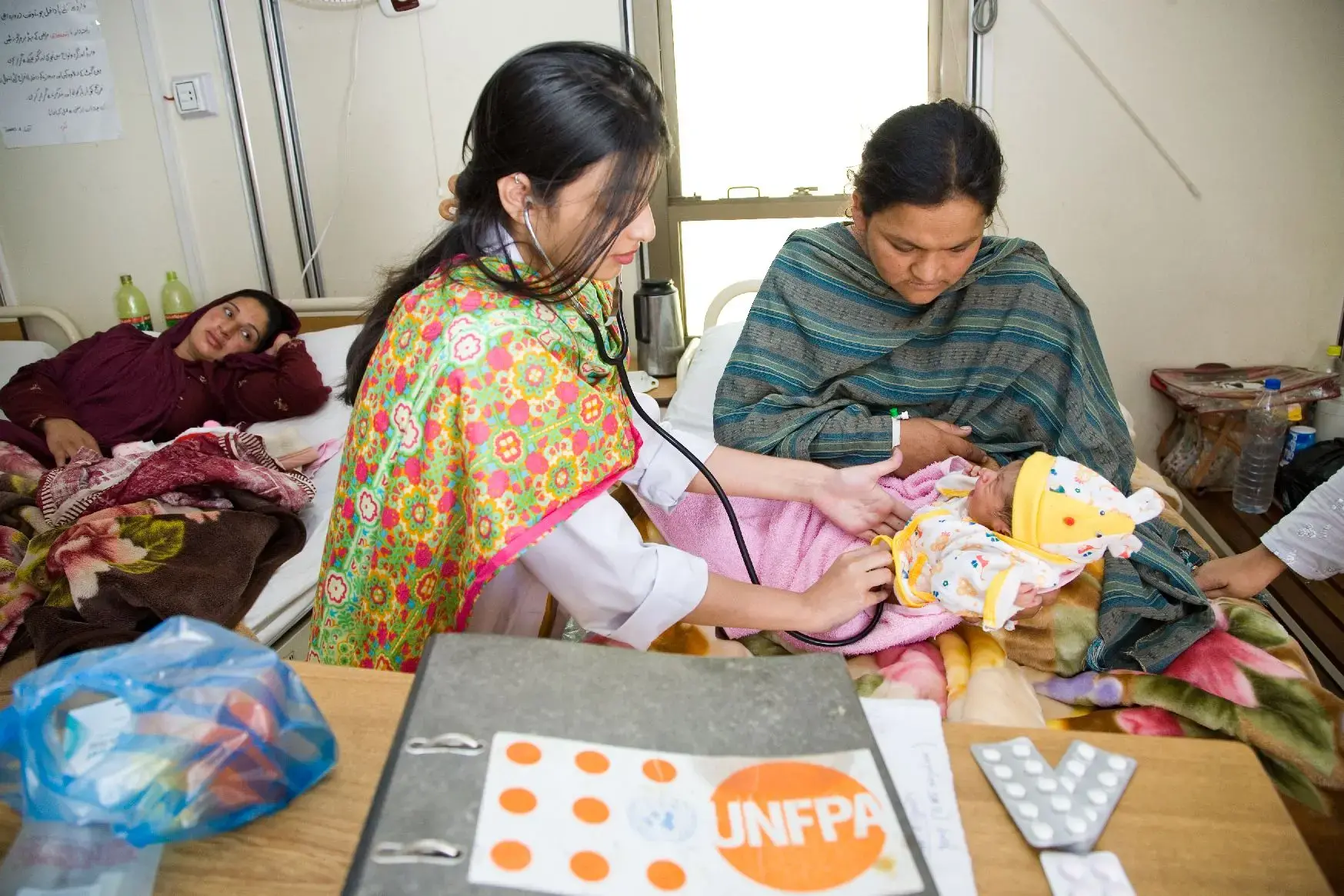Deeply rooted in tradition, culture and customary practices, child marriage remains a widespread practice across Pakistan. Yet, it is a serious violation of girls’ human rights. In Pakistan, one in three girls is married before reaching the age of 18 (Demographic and Health Survey 2012-13).
Child marriage robs girls of their childhood and future prospects. Girls who marry are less likely to finish school and are at higher risk of domestic violence, abuse and health issues. Young girls aged 15-19 have had the highest reported cases of domestic violence in the last 12 months (24.3%). Child marriage also subjects girls to at-risk pregnancies, fistula, sexually transmitted infections or even death. Teen girls are also more likely to die from complications during childbirth than women in their 20s. Marrying at an early age also reduces a girl’s autonomy. One in ten young women aged 15-19 have a say in their own health care, in making major household purchases and visiting their own family or relatives.
Pakistan’s legal age of marriage
Pakistan’s Child Marriage Restraint Act 1929 sets the legal age of marriage for boys to 18 and 16 for girls. In April 2014, the Sindh Assembly adopted the Sindh Child Marriage Restraint Act, which changed the minimum age to 18 for both girls and boys, punishable by law.
In February 2017, the Government of Pakistan in an effort to crack down on child marriage, made an amendment to the Penal Code, toughening penalties for those found guilty of the crime.
UNFPA supported Government of Punjab in drafting a comprehensive Punjab Child Marriage Restraint Act through a consultative process with the engagement of youth, parliamentarians and civil society organizations. The Draft Bill was tabled and the penalty against perpetrators was increased. However, changing the age of marriage from 16 to 18 years has yet to be legislated at both provincial and national level.
International agreements, including the Convention on the Rights of the Child and the Convention on the Elimination of all Forms of Discrimination against Women outlaw child marriage. The International Conference on Population and Development in 1994 has also called on countries to eliminate child marriage.
Drivers of child marriage
Understanding the complex factors that perpetuate child marriage is key to ending it. Girls who live in rural or remote areas, have little to no education or fall in the lowest wealth quintile are most at risk. Many parents or guardians will place their daughters in marriage because of their economic hardship or to protect family honour. Social and gender inequality exacerbate the issue.
Eliminating child marriage in Pakistan
Eliminating child marriage requires everyone to work together to ensure girls have access to education, health information, services and life-skills education. UNFPA calls on governments and leaders to end child marriage by:
- Advocating politically for policies that raise the legal age of marriage from 16 to 18 years old for both girls and boys, without exceptions.
- Using evidence to tailor interventions in areas where child marriage is rife.
- Implementing support programmes that empower girls at risk or who are currently in child marriages.
- Improve girls’ access to supported education choices.
- Enhance economic opportunities for girls and their families through employment options and supports
- Educate and sensitize communities on the harmful impact child marriage has on girls.
When girls stay in school, are supported by their families and communities and remain healthy, they are far less likely to fall into child marriage.
UNFPA’s crucial role to end child marriage
Working with a variety of partners at all levels, UNFPA promotes and protects the human rights of adolescent girls and young people in Pakistan. This is done through improved legislation, collecting evidence for further advocacy, developing initiatives that support young women and girls empowerment and ensuring access to sexual and reproductive health information and services at a variety of locations.
UNFPA supports young women and girls in existing child marriages to ensure they have access to sexual and reproductive health information and services at local adolescent counselling centres and health facilities. Survivors of child marriage are also given adequate mental health services and stress management support in government-run adolescent counseling centres.

